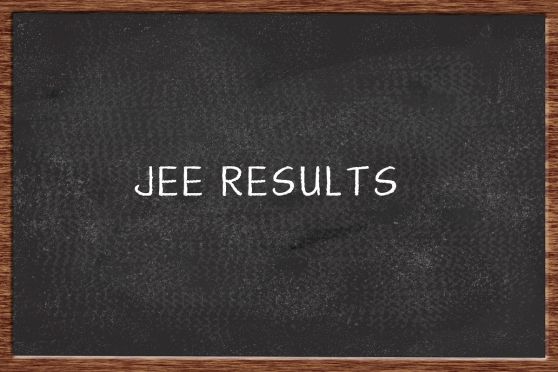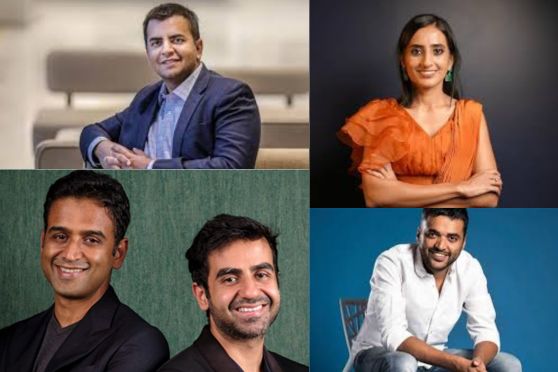What is the one thing that connects technologies like artificial intelligence (AI), Internet of Things (IoT), big data, blockchain and quantum computing? It’s data, something that all industries need to grow their businesses and ensure better products and services.
But just acquiring data isn’t much help. Data needs to be turned into information that one can use, and that’s where Data Science comes in.
What is Data Science
Data Science analyses data to gather insights by using various tools, algorithms, processes and systems. Both structured and unstructured data are converted into information that can be used in a wide range of areas.
The three main pillars of Data Science are mathematics, statistics and computer science.
Why study Data Science
- Combined study areas: Since Data Science is a multidisciplinary field, you will get access to different specialised domains like machine learning, AI, computer vision, big data, deep learning and business analytics.
- Increasing demand for Data Science professionals: India is undergoing rapid digitisation of businesses and services. As a result, hiring in Data Science has increased by 46% since 2019.
- Opportunity to work in different sectors: Depending on your area of specialisation, you can work in a variety of industries ranging from e-commerce to fossil fuel and construction.
Skills needed in Data Science
To excel in the field of Data Science, a combination of technical, analytical and communication skills is needed.
- Technical Skills: Programming languages such as Java, Python, C# and R are used in big data applications. A good understanding of these will stand you in good stead.
- Analytical skills: One needs to be able to take raw data and identify profitable business objectives. Then contextualise that analysis to find a solution and make recommendations to the team.
- Communication skills: Having strong communication skills will ease the delivery of information.
Studying Data Science
If you have Physics, Chemistry and Maths in Class XI-XII, you can keep Data Science as a career option.
After a bachelor’s degree in a related field such as Statistics, Computer Science, Information Technology or Maths, you can go for a specialisation in Data Science.
Going for a BSc in Data Science is another option, though only a few institutes offer this course currently.
BSc in Data Science
This 3-year course combines programming knowledge, maths expertise and an introduction to business communication through data.
Eligibility Criteria:
- You need to have English and Maths or Stats in your Class XII board exam.
- You must clear your Class XII board exams with 50% aggregate marks.
Institutes offering BSc in Data Science:
- BSc in Data Science at Christ University, Bangalore
- Bachelors of Data Science (BDS) at SP Jain School of Global Management, Mumbai
- BSc in Data Science at Narsee Monjee Institute of Management Studies, Mumbai
IIT Madras runs two online courses on Data Science:
- BSc in Programming and Data Science: Anyone who has completed Class XII can apply.
- Diploma in Programming and Data Science: Anyone with at least two years of UG education can apply.
You can check it out a list of the top colleges offering Data Science courses in India here.
Allied bachelor’s degree: Some universities are developing one-of-a-kind courses that combine data with other fields where it can be applied.
- The Cochin University of Science and Technology (CUSAT) offers the Bachelor of Vocation in Business Process and Data Analytics (B.Voc in BP and DA) degree, which combines data science and business applications.
- The Indian Institute of Science Education and Research (IISER), Pune, offers an integrated BS-MS programme. This is a 5-year dual degree programme for science students that combines classroom learning with research.
Career opportunities in Data Science
Since Data Science comprises programming, product development, analysis and statistics, a variety of jobs are available. Those from engineering, business and management backgrounds are also needed to play key roles in this field.
- Data Scientist: The job of data scientists is to understand and explore data patterns to assess their impact on businesses.
- Machine Learning Engineer: To address business challenges, machine-learning engineers need to design and implement machine-learning applications/algorithms.
- Data Engineer/ Data Architect: This role is primarily for software engineers who work on non-analytical aspects of big data. Their job revolves around coding, cleaning up datasets and implementing data solutions.
- Data Analyst: Data analysts mine through a large number of datasets to find specific business policies. They analyse various types of data using SQL databases, Excel, Tableau and other software to develop solutions and make strategic decisions.
- Business Analyst: Business analysts use predictive, prescriptive and interpretive analyses to transform complex data into easily understandable actionable insights for users.


















